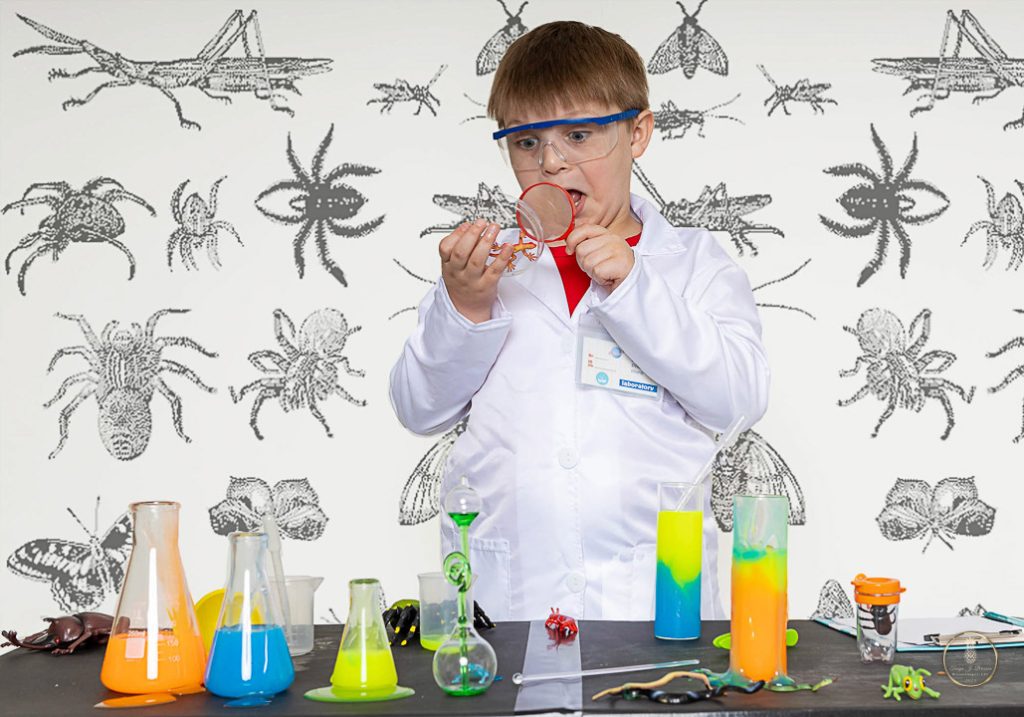In the realm of psychology and neuroscience, there’s a growing body of evidence that supports the transformative effects of professional portraits on one’s identity and self-worth. As a professional portrait photographer, I’ve witnessed the profound impact firsthand, and in this blog post, we’ll explore the science behind how professional portraits can shape one’s identity and contribute to an elevated sense of self-worth.
- Neuroscience of Positive Visual Stimuli: The human brain responds to positive visual stimuli, and professional portraits are crafted to evoke a positive emotional response. According to studies in neuroscience, exposure to aesthetically pleasing images activates the brain’s reward system, releasing feel-good neurotransmitters such as dopamine. Professional portraits, with their emphasis on flattering lighting and composition, trigger this positive response, contributing to a more positive self-perception.
- Mirror Neurons and Empathy: The concept of mirror neurons, which fire both when an individual performs an action and when they see someone else perform that action, plays a role in the emotional connection formed through professional portraits. When individuals view images of themselves exuding confidence and self-assuredness, mirror neurons contribute to an empathetic response, fostering a sense of emotional connection and reinforcing positive self-worth.
- Impact of Visual Self-Representation: Psychological studies indicate that visual self-representation, such as professional portraits, can influence self-perception. Seeing oneself portrayed in a positive light and in a professional setting can contribute to a more favorable self-image. The visual representation of confidence and competence in a professional portrait positively influences how individuals perceive their own abilities and self-worth.
- The Role of Facial Feedback: Facial feedback theory suggests that facial expressions can influence emotional experiences. During a professional portrait session, individuals are guided to express confidence and positive emotions. This intentional expression not only enhances the visual appeal of the portraits but can also contribute to an internalized positive emotional experience, reinforcing feelings of self-worth.
- Visual Legacy and Memory Formation: Neuroscientific research highlights the role of visual stimuli in memory formation. Professional portraits become part of an individual’s visual legacy, documenting moments that contribute to the construction of personal memories. Viewing these visual memories consistently over time can positively impact one’s self-identity by reinforcing a sense of accomplishment, growth, and the uniqueness of personal experiences.
- Psychological Impact of Personalization: The personalization of professional portraits, such as choosing locations and expressions that align with individual preferences, has a psychological impact. Studies in psychology emphasize the importance of personalization in creating a sense of ownership and connection. When individuals feel a personal connection to their portraits, it contributes to a more positive perception of their identity and self-worth.
- Positive Social Perception: Psychological research indicates that positive social perception is linked to improved self-esteem. Professionally crafted portraits contribute to a positive social perception by conveying competence, professionalism, and confidence. This positive social perception, whether in personal or professional contexts, can significantly impact an individual’s self-worth.
As we explore the science behind professional portraits, it becomes evident that the impact goes beyond aesthetics. The interplay of neuroscience, psychology, and visual representation contributes to a transformative journey, shaping one’s identity and fostering an elevated sense of self-worth. Professional portrait photographers play a unique role in leveraging scientific principles to create visual narratives that empower individuals and contribute to positive psychological outcomes.


